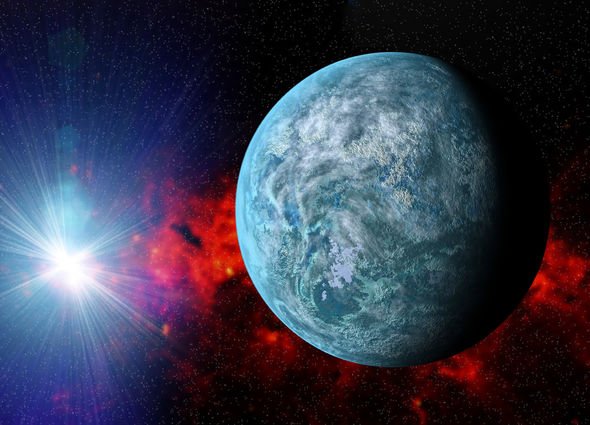For nearly five years, growing numbers of researchers have blamed the weird orbits of distant solar system objects on the gravitational effects of an as-yet-undiscovered “Planet Nine” that lies in the icy realm far beyond Neptune. But a pair of scientists is now floating an intriguing idea that could offer a new way to search for the object: What if that supposed planet is actually a small black hole?
Posted Tuesday on arXiv, the paper suggests that the still-unseen source—which some call Planet Nine, or Planet X—could actually be a small primordial black hole. That apparently fits what scientists see way out there, 20 times further than Neptune, where ice chunks have their own oval-shaped orbit in what’s called the Kuiper Belt. Authors Jakub Scholtz and James Unwin, both physics PhDs, urge us to consider the notion of a relatively close black hole.
“By simply focusing on the concept of a planet, you restrict the experimental search that you’re undertaking,” Unwin tells Gizmodo. “Once you start thinking about more exotic objects, like primordial black holes, you think in different ways.” They say such a black hole might have been flying by when it got caught in an orbit of our solar system. For the record, primordial black holes are theoretical objects that might have been created soon after the Big Bang. And this one would be small, with a mass roughly 5 to 15 times that of Earth and size between a wallet and a bowling ball. The paper hasn’t been peer-reviewed, but still, it’s a thought.
















If an object is the size of a wallet or bowling ball, and it is so far beyond Neptune, it doesn’t matter whether it is a blackhole or not, we won’t be able to see it. I think suggesting it is a blackhole is just a waste of time.
Massive compact halo object